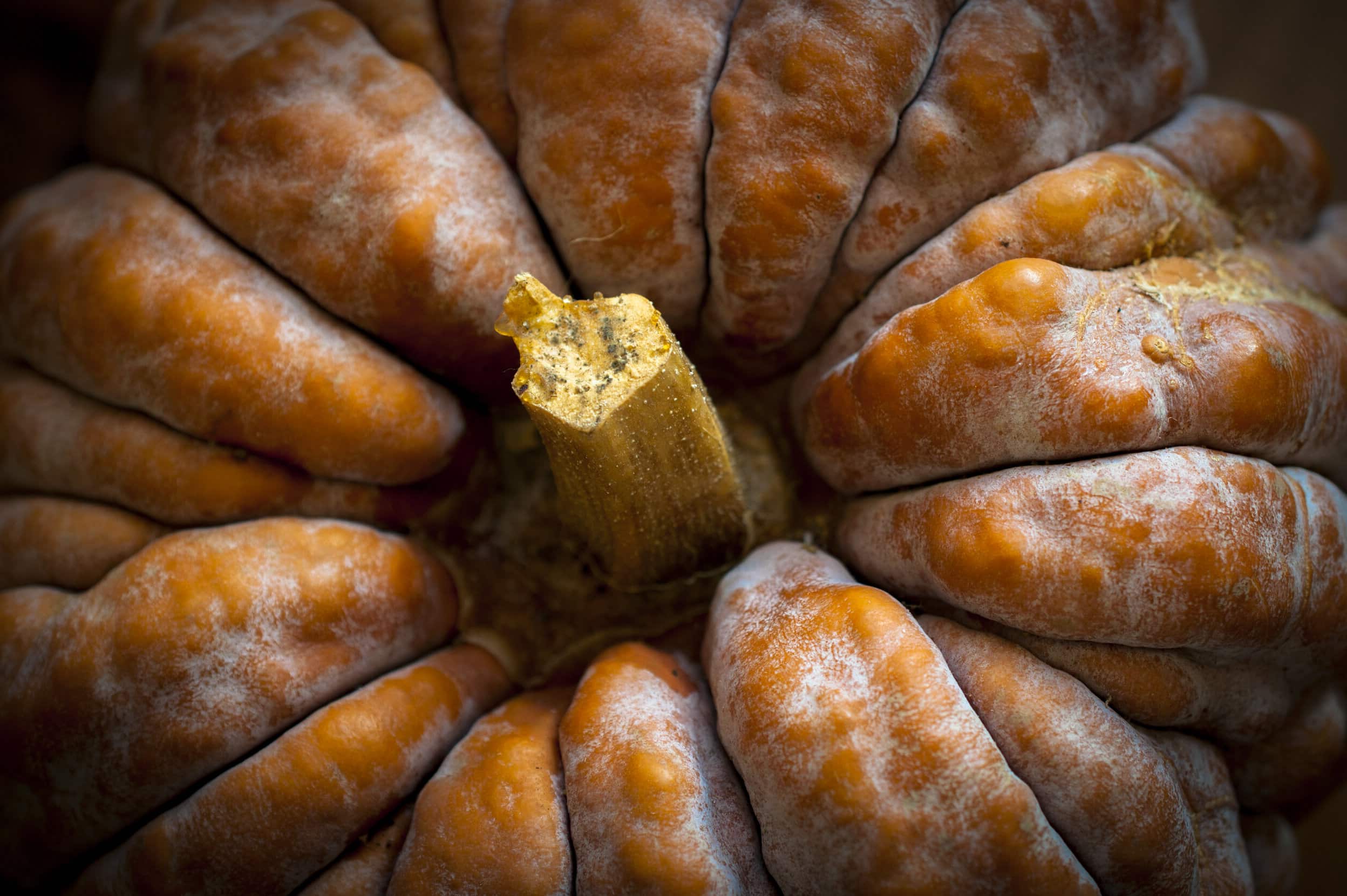
Futsu squash might not be the most famous veggie in your garden, but it sure packs a punch! This unique squash, with its warty, bumpy skin and rich, nutty flavor, has been a staple in Japanese cuisine for centuries. But what makes it so special? Futsu squash is not just tasty; it's also packed with nutrients like vitamins A and C, fiber, and antioxidants. Whether roasted, steamed, or pureed, this versatile squash can elevate any dish. Ready to learn more? Let's dive into 15 fascinating facts about Futsu squash that will make you want to plant some in your garden this season!
Key Takeaways:
- Futsu squash, also known as Black Futsu, is a unique heirloom variety of winter squash with a warty, dark green skin that turns orange when mature. It's versatile in the kitchen and packed with nutrients, making it a healthy and delicious addition to your diet.
- Futsu squash has a rich history dating back centuries in Japan and is valued for its unique appearance and flavor. It's relatively low-maintenance to grow and can be used in a variety of dishes, from soups and stews to desserts.
What is Futsu Squash?
Futsu squash, also known as Black Futsu, is a unique heirloom variety of winter squash. Originating from Japan, it stands out for its warty, dark green skin that turns a dusty orange when mature. Let's dive into some fascinating facts about this intriguing vegetable.
Unique Appearance
Futsu squash doesn't look like your typical squash. Its distinct appearance makes it a standout in any garden or market.
- The skin of Futsu squash is deeply ribbed and covered in warts, giving it a rustic, old-world charm.
- When immature, the squash is dark green, but as it ripens, the skin turns a rich, dusty orange.
- The flesh inside is a vibrant orange, contrasting beautifully with the outer skin.
Culinary Uses
Futsu squash is not just a pretty face; it's also incredibly versatile in the kitchen.
- The flesh of Futsu squash is sweet and nutty, making it perfect for roasting, baking, or pureeing.
- Its skin is edible when cooked, adding an extra layer of texture and flavor to dishes.
- Futsu squash can be used in soups, stews, and even desserts, thanks to its sweet flavor profile.
Nutritional Benefits
Eating Futsu squash can be a healthy addition to your diet. It’s packed with nutrients that benefit your body in various ways.
- Futsu squash is rich in vitamins A and C, which are essential for maintaining healthy skin and a robust immune system.
- It contains a good amount of dietary fiber, aiding in digestion and promoting a feeling of fullness.
- The squash is also a source of potassium, which helps regulate blood pressure and supports heart health.
Growing Futsu Squash
Interested in growing your own Futsu squash? Here are some facts to get you started.
- Futsu squash plants thrive in well-drained soil and need plenty of sunlight to grow.
- The plants are relatively low-maintenance, requiring regular watering and occasional fertilization.
- Harvesting typically occurs in late summer to early fall, once the skin has turned from green to orange.
Historical Background
Futsu squash has a rich history that adds to its allure.
- This variety of squash has been cultivated in Japan for centuries, valued for its unique appearance and flavor.
- It was introduced to Western gardeners relatively recently, gaining popularity for its heirloom status and culinary versatility.
- Futsu squash is often featured in traditional Japanese dishes, showcasing its cultural significance.
Futsu squash is more than just a vegetable; it's a piece of history, a culinary delight, and a nutritional powerhouse. Whether you're a gardener, a chef, or a health enthusiast, there's something about Futsu squash to appreciate.
Futsu Squash: A Hidden Gem
Futsu squash, with its unique flavor and nutritional benefits, deserves a spot in your kitchen. This heirloom variety, often overlooked, offers a sweet, nutty taste that enhances many dishes. Rich in vitamins A and C, fiber, and antioxidants, it supports a healthy diet. Its versatility means you can roast, puree, or even bake it into desserts.
Growing futsu squash isn't hard either. It thrives in well-drained soil with plenty of sunlight. Plus, its hardy nature makes it resistant to many pests and diseases. Whether you're a seasoned gardener or a beginner, futsu squash can be a rewarding addition to your garden.
Next time you're at the market, give futsu squash a try. Its unique taste and health benefits might just make it your new favorite. Happy cooking!
Frequently Asked Questions
Was this page helpful?
Our commitment to delivering trustworthy and engaging content is at the heart of what we do. Each fact on our site is contributed by real users like you, bringing a wealth of diverse insights and information. To ensure the highest standards of accuracy and reliability, our dedicated editors meticulously review each submission. This process guarantees that the facts we share are not only fascinating but also credible. Trust in our commitment to quality and authenticity as you explore and learn with us.


